[Note: the audio recording above will vary in places from the prepared text below.]
Continuing our reflections on Stewardship given the season, we turn our focus today entirely to our Gospel passage. S. Matthew presents us with the Parable of the Ten Maidens. The first things to say is that many of our Lord’s parables are short, and therefore open-ended, by design; this one is, on the other hand, is long, and therefore has been seen by the Church as less-opended and more specific in its meaning; but at the same time, fairly cryptic. So let us go through it.
We are told by Christ that the ten maidens possessed lamps, and that five were wise, and five were foolish. The five wise maidens were wise because they had flasks of oil with them; whereas the five foolish maidens were foolish because they had no flasks of oil. All ten sought to meet the Bridegroom, who came to them after they slumbered and slept. Finally, the Bridegroom came in at midnight, and a cry was heard to come out to meet him. The five with the oil were welcomed to the marriage feasts; the five without the oil were shut out from the marriage feast, even by the Bridegroom who said, “I do not know you.” And at the end of the parable, Jesus says, “Watch, therefore, for you know neither the day nor the hour.”
This entire parable is symbolic at every turn and in every detail. Firstly, we notice that this is a parable which describes, according to Jesus, the kingdom of heaven. So this is a parable about the Holy Spirit: how He is experienced and how the Holy Spirit works in our lives. In the last detail provided by Jesus, He tells us to watch; that is Our Lord’s way of exhorting us to prayer, to love His Holy teaching, to keep His words – basically, our Lord commanding us a life of devotion to Him. So the Holy Spirit works us in through our devotion to Christ, is the first thing to say about what the parable means.
Yet what about the oil? Having oil, or not having oil, is crucial to being welcomed by Christ into the marriage feast. And what is the marriage feast? Let’s take that first. The marriage feast come after a cry, “Behold the bridegroom! Come out to meet Him.” And this cry comes after the maidens and slumbered and slept. That symbolizes death, for in death we slumber and sleep. And the cry at midnight, which is the invitation to fellowship with Christ, represents the Second Coming of Christ when, as the Creed says, “He shall come again, with glory, to judge both the quick and the dead.” (‘Quick’ is an older expression for living.) And so another level of meaning is added: the Holy Spirit works through our devotion to Christ, and doing so prepares us, or not, for the final judgment. And those who possess oil, enter into the kingdom which shall have no end, according to the Creed: the marriage feast is endless life in the Holy Spirit, the consummation of our marriage to God through Christ in Whose Body we live.
Then what does it mean to possess oil? And for this is it necessary to know that in Greek, “oil” and “mercy” are closely related words with the same root. Thus to have flasks of oil is to possess God’s mercy. But then how does one receive God’s mercy? We receive mercy from God. Saint Paul teaches that “God has mercy on whom He wants to have mercy.” Who does God want to have mercy upon? Jesus teaches clearly on this in His sermon on the mount: “Blessed are the merciful, for they shall obtain mercy.” And so the symbol of possessing oil means those who are merciful in their lives. And to be merciful, what does that mean? The Church understands that in two groups: corporal works of mercy, and spiritual works of mercy.
Corporal works of mercy tend to the bodily needs of creatures. There are seven: Feed the hungry; give water to the thirsty; clothe the naked; shelter the homeless; visit the sick; visit the imprisoned; bury the dead.
With the spiritual works of mercy, there are seven as well, and seek to relieve spiritual suffering: instruct the ignorant; counsel the doubtful; admonish the sinners; bear patiently those who wrong us; forgive offenses; comfort the afflicted; pray for the living and the dead.
Thus the wise maidens—wise disciples, in other words—are those are merciful, and in being merciful, receive mercy, the oil of God’s gladness. The foolish maidens—foolish disciples—are those who do not practice works of mercy, and therefore possess no oil of God’s gladness, which is given to the merciful.
My dear brothers and sisters, mercy is love set in motion. Because our Lord Jesus showed unfathomable mercy in taking our sufferings on Himself in order to grant us His Kingdom (the Holy Spirit) which sets us free from captivity to the Evil one, and in view of God’s mercy to all, we in turn are to be merciful to all, whether tending to bodily needs of others or to spiritual needs of others. It is about the giving of our selves in sacrifice, of being a living sacrifice as Paul teaches, as the widow who gave but a small coin but her whole heart, knowing she is God’s coin, giving therefore of all herself to God; the giving of our time, talent, along with treasure (time in prayer, talent in service, treasure in giving), to receive God’s mercy. That in being filled with mercy, our flasks are full of oil, that we may we enter into the heavenly marriage feast.
Just as before we are forgiven we must forgive, before we know and enjoy the love in the heavenly realm in eternity we must love others within the earthly realm of time and space. Let us in asking for Christ’s mercy (as we does throughout the Liturgy), know that we are asking for the grace to be merciful in our lives, to practice works of mercy whether corporal or spiritual, the mercy by which and with which we perform true Christian stewardship; that at the last day we might be caught up together in the clouds to meet the Lord in the air—and in meeting Him, seen by Him: seen by Him as full of mercy, that is, full of Him, because we have given completely of ourselves as living sacrifices, completely of our time, talent, and treasure. That being full of Him, in us He sees Himself, and says: “I know you; enter into the marriage feast—I have been waiting for you.” Amen.



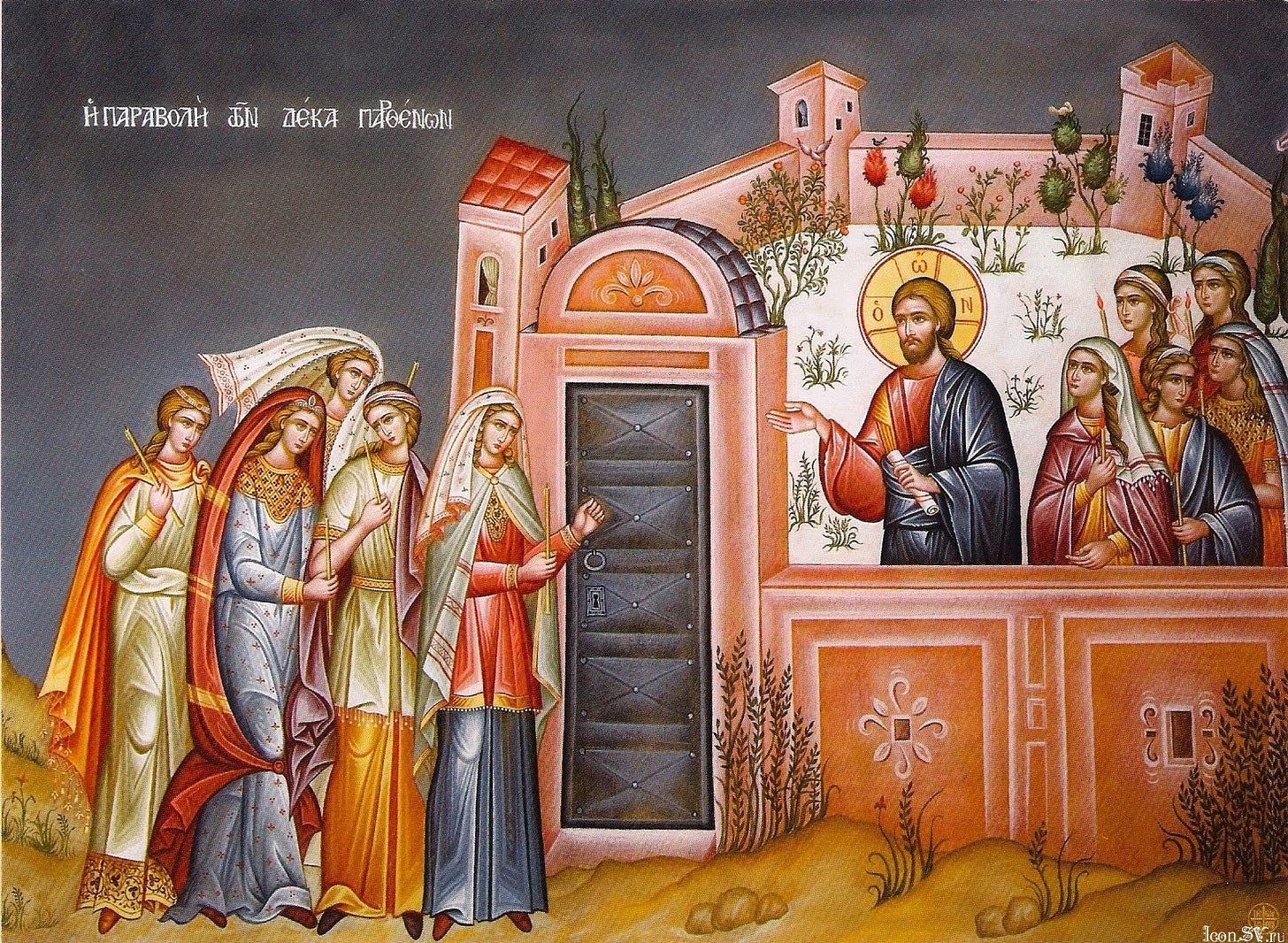


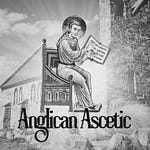
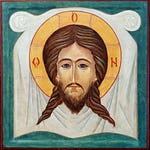
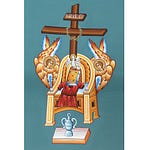

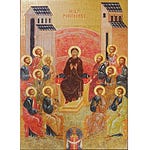
Share this post